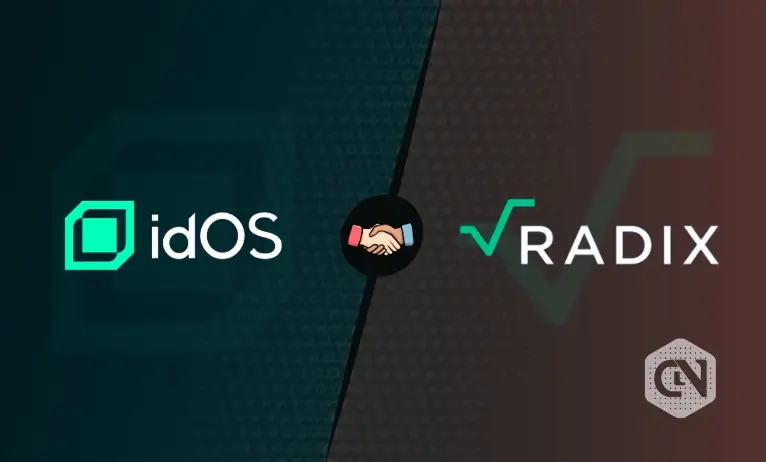Radix is becoming a member of the idOS Consortium, a decentralized identity network that is specifically designed to store and manage access to decentralized identities. Currently, it is catering to a large number of authenticated users. It was created with the assistance of a variety of framework associates and prime ecosystems, including Fractal ID, NEAR, Gnosis, Aleph Zero, Kwil, and others.
Radix provides exclusively conventional services for Web3 identification. The concern lies in matters of privacy as well as smooth interoperability. By collaborating with the idOS consortium, Radix will integrate the unique features of idOS into the innovative Radix user experience. This pertains to the effortless release and redemption of authenticated qualifications associated with dApps on Radix.
The builders of the Instapass AML/KYC solution on Radix, Instalabs, will soon be connecting with the idOS consortium in the form of an identity authenticator releaser.
Advertisement
idOS functions as a decentralized storage and availability-control network, specifically designed for identification purposes. It allows AML/KYC suppliers, such as Fractal ID and Instalab’s Instapass solution, to release authenticated qualifications intended for DeFi users within the idOS platform. These qualifications range from the mundane, proof of being human, authentication, to meeting the total compliance requirements in terms of certified finance applications.
With the integration of Radix, idOS will take on the responsibility of offering a seamless way for Radix dApps to establish authenticated user qualifications. The idOS services are absolutely in tandem with Radix’s intentions for creating a strong VC/DID-oriented authenticable qualification mechanism, aimed at the Radix network and wallet.
Advertisement
The many benefits of idOS include being chain agnostic and having interoperability elements, as well as narrowing down identity authentication and complying with data security requirements.







